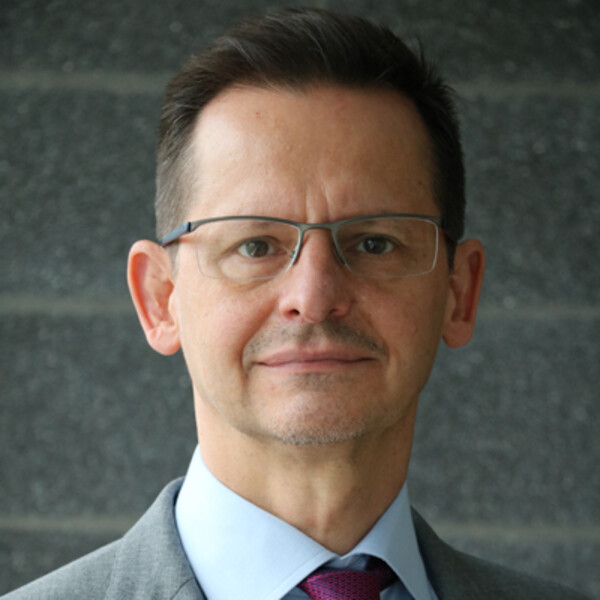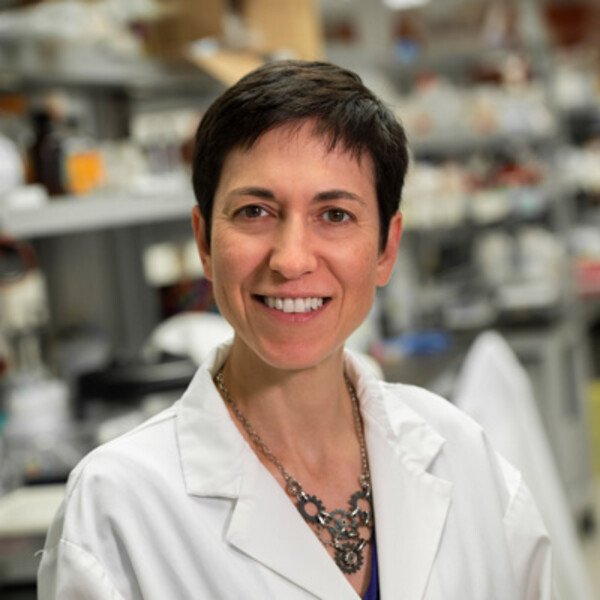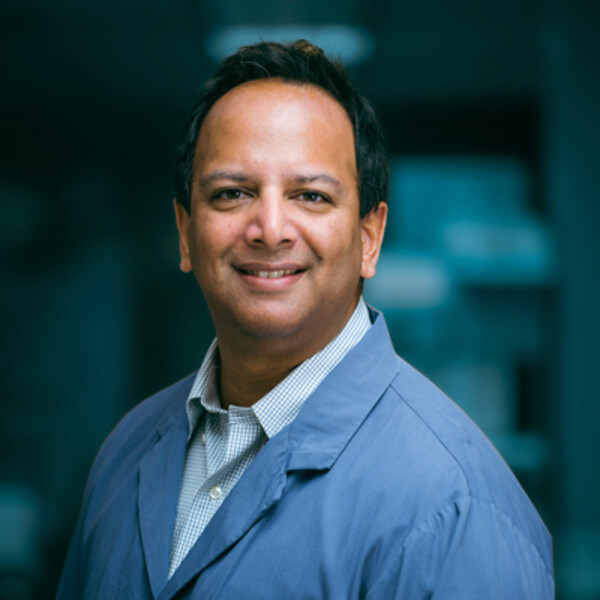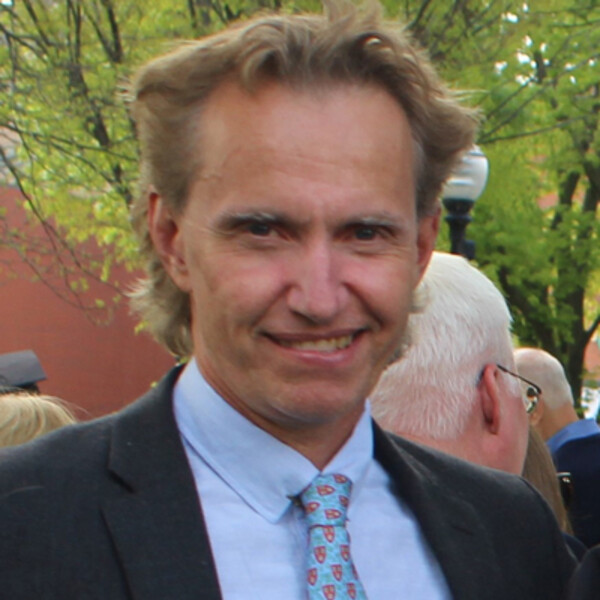
Main Second Level Navigation
Breadcrumbs
- Home
- Research
- Research events
- The Undergraduate Research Conference
- 2024: Why Brain Matter Matters
Why Brain Matter Matters: Navigating Neurodegeneration
12th LMPSU conference
This conference took place on Saturday, January 13, 2024.
Find out what happened in our news story Navigating Neurodegeneration: LMPSU's successful conference on brain matter.
You can see a highlights video of the day on Youtube or Instagram.
You can see the photos on Flickr.
Who this conference is for
We welcome all interested learners, faculty and alumni from the University of Toronto.
- Interested in how we can turn your own cells into a model brain to study neurological disorders?
- Want to hear from Ontario’s top forensic pathologist on his studies of a rare neurological disease in sub-Saharan Africa?
- Curious about hearing from an internationally renowned neurologist and neuropathologist on his perspective of novel concepts of diseases such as Alzheimer’s and Parkinson's, and another expert on the progress of finding a cure for both?
- Or simply interested in free breakfast and lunch, and simultaneously learning the link between what you eat and Alzheimer’s via your gut bacteria?
Join the undergraduate students in the Department of Laboratory Medicine and Pathobiology in exploring the latest breakthroughs in neurodegeneration research, deciphering the molecular and pathological roots of neurodegenerative conditions, and bridging the gap between research and clinical applications.
You can contact the LMPSU committee at lmpexecs@gmail.com.
Information for attendees
The Agenda
8:30 - 9:30 Breakfast & registration
9:30 - 9:35 Introduction by LMPSU co-presidents Rachelle Lee and Leo Xu
9:35 - 9:45 Opening remarks: Dr. Rita Kandel, LMP Chair
9:45 - 10:25 Keynote Speaker: Dr. Gabor Kovacs, "Novel concepts of neurodegenerative diseases" + Q&A
10:25 - 11:05 Dr. Michael Pollanen, "Nodding syndrome, an African epileptic tauopathy" + Q&A
11:05 - 11:45 Dr. Carmela Tartaglia, "Delayed Neurodegeneration & Repeated Concussion" + Q&A
11:45 - 12:45 Lunch and networking
12:50 - 13:30 Dr. Karun Singh "Applications of human neural organoids to study neurological disorders" + Q&A
13:30 - 14:10 Dr. Olga Rojas, "Are our intestinal bugs important in neurodegeneration?" + Q&A
14:10 - 14:35 Break
14:35 - 15:15 Dr. Jeehye Park "Identifying the early events in ALS pathogenesis in MATR3 S85C KI mice" + Q&A
15:15 - 15:55 Dr. Martin Ingelsson "Development of novel therapies for Alzheimer’s disease and Parkinson’s disease" + Q&A
15:55 - 16:00 Closing remarks
Photography and videos
We will be taking photographs and recording some videos for departmental purposes.
If you do not wish to be in any of the photos or videos, please make yourself known to the person taking pictures or videos.
Speaker biographies

Dr. Gabor G. Kovacs
Professor of Neuropathology and Neurology at the University of Toronto.
Gabor G. Kovacs MD PhD is Consultant Neuropathologist and Neurologist at the University Health Network (UHN) and a Principal Investigator at the Tanz Centre for Research in Neurodegenerative Disease. Dr. Kovacs is the Co-Director of the Rossy Program for Progressive Supranuclear Palsy Research.
Dr. Kovacs completed his medical training at the Semmelweis University (Budapest, Hungary) where he specialized in Neurology and Neuropathology and obtained a PhD in Neuroscience. From 2004 to 2007, he was the Head of the Department of Neuropathology at the National Institute of Psychiatry and Neurology in Budapest, Hungary. From 2007 to 2019, he was an Associate Professor at the Institute of Neurology at the Medical University of Vienna, Austria. He was the leader of the Hungarian (2004-2019) and Austrian (2011-2019) Reference Center for Human Prion Diseases. Dr. Kovacs has also trained at Indiana University (2007) and University of Pennsylvania (2016 and 2017) as a visiting professor/scholar.
His major research interest is the neuropathology of neurodegenerative diseases to identify early biomarkers and therapy targets. His achievements include first descriptions, characterization and pathogenic elucidation of several poorly recognized neurological diseases, including frontotemporal dementia with globular glial inclusions and aging-related tau-astrogliopathy (ARTAG). He coordinated a study and described the sequential distribution of tau pathology in progressive supranuclear palsy, which allows staging of disease. In addition, Dr. Kovacs has made fundamental descriptions and advances in the pathogenic, genetic, neuropathologic and epidemiologic studies on human tau, alpha-synuclein and prion protein-related diseases. He has published more than 350 peer-reviewed papers and edited three books on Neuropathology.

Dr. Michael Pollanen
Professor and Vice-Chair (Innovation) of Laboratory Medicine and Pathobiology at the University of Toronto and the Chief Forensic Pathologist for Ontario.
Michael S. Pollanen graduated from the University of Toronto with an MD (1999) and PhD (1995) and completed his residency in 2003. Professor Pollanen's main academic focus the application of forensic medicine to Global Health by training forensic pathologists and strengthening forensic capacity in the Global South. He has been involved in case work or training missions in: Algeria, Bermuda, Cambodia, Central African Republic, East Timor, Egypt, Haiti, Iraq, Jamaica, Kazakhstan, Palestine, Thailand, Uganda and Uzbekistan.
His current research interest is Nodding Syndrome in Uganda. He has published over 100 papers in peer-reviewed journals. Professor Pollanen is a member of the forensic advisory board of the International Committee of the Red Cross and is a Past President of the International Association of Forensic Science (2015-17). He is a Founder of Forensic Pathology in the Royal College of Physicians and Surgeons of Canada. His professional duties include supervising and directing the Ontario Forensic Pathology Service (9000 autopsies/year), conducting autopsy (>4500 autopsies conducted to date), testifying in court (>250 court testimonies to date), and directing academic activities in forensic pathology at the University of Toronto. He is also a Deputy Chief Coroner in Ontario

Dr. Carmela Tartaglia
Clinician-scientist, University Health Network, and University of Toronto.
Dr. Tartaglia maintains a cognitive/behavioral clinic within the UHN Memory Clinic where she sees patients with neurodegenerative diseases and those with multiple concussions who are at risk of developing a neurodegenerative disease. She holds the Marion and Gerald Soloway Chair in Brain Injury and Concussion Research. She uses a multi-modal approach that combines imaging and biofluid biomarkers to better diagnose and understand the pathological substrates that cause cognitive, behavioral and motoric dysfunction. The goal of her research program is to develop biomarkers for early detection of disease to bring precision medicine and targeted, early treatments to her patients.

Dr. Jeehye Park
Senior Scientist, Genetics and Genome Biology Program at SickKids Research Institute. Associate Professor, Department of Molecular Genetics, University of Toronto. Canada Research Chair (Tier 2) in Molecular Genetics & Neurodegenerative Diseases.
Dr. Park received PhD from Dr. Jongkyeong Chung lab at Korea Advanced Institute of Science and Technology (South Korea), where she studied the molecular mechanism of Parkinson’s disease. She completed postdoctoral training in Dr. Huda Zoghbi lab at Baylor College of Medicine (Houston, USA) and studied spinocerebellar ataxia type 1.
Park lab currently focuses on studying the molecular mechanism of a neurodegenerative disease, amyotrophic lateral sclerosis (ALS), utilizing a multi-disciplinary approach including biochemistry, molecular cell biology, and fly and mouse genetics to ultimately improve understanding of the disease and develop therapeutic strategies. Recently, Park Lab established an ALS model, MATR3 S85C knock-in mice, that closely mimics the human disease genotype and phenotype, offering enhanced disease relevance compared to existing models in the ALS field and providing an unprecedented opportunity to study the early-stage development and progression of ALS. Using this mouse model, they will 1) determine the early disease events in the disease process and 2) determine how the ALS-linked mutation alters MATR3 function and properties to cause neurodegeneration. Their findings will uncover the early disease process, which may change the view of how ALS develops and progresses. Defining the key early events will facilitate the development of early prevention and intervention strategies for ALS.

Dr. Olga Rojas
Scientist, UHN-Krembil Research Institute, Assistant Professor, Department of Immunology, University of Toronto.
Dr. Rojas did her MD and PhD in Colombia, South America focusing at understanding the intestinal B and T cell immune response in humans after Rotavirus infection.
During her postdoctoral fellowship at University of Toronto with Dr. Jennifer Gommerman, Dr. Rojas, uncovered the role of intestinal Plasma cells in inflammation during neuroinflammation. The findings revealed that a subset of microbiome-specific IgA Plasma cells is key to fight Experimental Acute Encephalomyelitis (EAE), a mouse model for Multiple Sclerosis (MS). These IgA-producing plasma cells can travel from the intestine to the central nervous system where they are found to suppress brain inflammation during MS flare-ups.
Currently, Dr. Rojas started as Scientist at Krembil Research Institute-Toronto Western Hospital by the end of 2020. Her lab is interested in understanding the connection between gut microbiome and intestinal immune cells as a key intermediate of the gut-brain axis. Central to this question is understanding how intestinal immune cells can directly (by migration) or indirectly (by cytokines, chemokines) impact pathogenic processes in the brain during neuroinflammation and neurodegeneration.

Dr. Karun Singh
Departments of Ophthalmology and Vision Sciences and Laboratory Medicine and Pathobiology (LMP), University of Toronto. Senior Scientist, Krembil Research Institute at UHN in 2020, member of the Donald K. Johnson Eye Institute (DKJEI).
Dr. Singh's research program studies developmental and adult brain and retinal disorders. We use genetically engineered mouse models and patient stem cell-derived neural cells (2D and 3D organoids) as model systems to study the brain and eye. We identify pathogenic mechanisms that contribute to neurological and vision disorders with single-cell sequencing, spatial transcriptomics, proteomics, electrophysiology, and imaging. Our ultimate goal is to use this information to identify or develop novel therapeutics that reverse clinical conditions.
Dr. Singh completed his undergraduate studies at McMaster University and his Ph.D. studies at the University of Toronto and the Hospital for Sick Children. He then performed postdoctoral studies at the Massachusetts Institute of Technology (MIT). He joined McMaster University from 2012-2020 where he was a Scientist and the Neural Program Lead at the Stem Cell and Cancer Research Institute, and an Associate Professor in the Department of Biochemistry and Biomedical Sciences at McMaster University.
Dr. Singh joined the Krembil Research Institute at UHN in 2020 as a Senior Scientist and is a member of the Donald K. Johnson Eye Institute (DKJEI). He holds appointments in the Departments of Ophthalmology and Vision Sciences, and Laboratory Medicine and Pathobiology (LMP) at the University of Toronto. He holds funding from CIHR, NSERC, ERARE Network, Stem Cell Network (Canada), Autism Research Institute, DKJEI, and the Krembil Brain Institute.

Dr. Martin Ingelsson
Professor, Department of Medicine, University of Toronto, Clinician Scientist at the Memory Clinic at Toronto Western Hospital.
Dr. Ingelsson earned his MD in 1995 and his PhD in 2001, both from the Karolinska Institute in Stockholm, Sweden. He was a Professor in Geriatrics at Uppsala University, also in Sweden, between 2016-2021, and is now a Professor at the Department of Medicine at the University of Toronto, as well as a Clinician Scientist at the Memory Clinic at Toronto Western Hospital. The aim of Dr. Ingelsson’s research is to increase our understanding of neurotoxic mechanisms in Alzheimer’s disease and Parkinson’s disease and to utilize this knowledge for the development of novel diagnostic and therapeutic applications for these disorders. He will speak about the history behind the novel immunotherapies for Alzheimer’s disease and the ongoing efforts to explore new treatment targets in both Alzheimer’s disease and Parkinson’s disease.
